As I was listening last week to the discussion on the Lyon County School District’s ratings on the
Nevada Educator Performance Framework, I couldn’t help but thinking that something was
missing.
The numbers were there, indicating that 86.12 percent of Lyon County teachers were rated
effective or highly effective, with another 11.72 percent exempt from this year’s evaluation
because they were rated highly effective for the past two years in a row. That’s 97.84 percent,
and that’s an impressive total in almost any field.
But that’s not what gets to the heart of it for me.
To me, education is a personal experience. It happens in fits and starts, in questions asked and
answers that sometimes don’t show up until years later. It’s shaped by a teacher who sees you,
the book that stays with you, the moment that something clicks.
I spent a few years working as a substitute teacher, mostly in long-term positions, and there was
nothing more gratifying than that moment when a student realized they understood something.
That’s not measurable on any kind of test or evaluation. And yet, we keep trying to measure it
with numbers.
We give students standardized tests and call it accountability. We give teachers performance
reviews and call it effectiveness. We reduce a year of learning to a spreadsheet, a classroom to a
data point, a profession to a rubric.
It’s not that evaluation is wrong. It’s not even that we’re measuring the wrong things. It’s that
true learning and teaching can’t be measured.
A test can tell you whether a student bubbled the right answer, but it can’t tell you whether that
was just a guess, or something that student understands. A high score on a test tells you that a
student knows a lot of the answers, but it can’t tell you whether they truly understand the
structure, the layers and what it all means.
An accumulation of a classroom full of high or low scores leads us to determine whether a
teacher is doing a good job, and maybe that’s a good way to measure that, but maybe not.
But learning is messy and teaching is relentless. A teacher has to learn to understand whether a
student’s silence means they understand and don’t need to ask a question, or whether they don’t
understand and are afraid to show it.
To me, education isn’t about outcomes, it’s about relationships. It’s about spending lunch break
helping a kid solve a math problem they aren’t grasping, a paragraph they can’t make sense of,
and even navigate a difficult home life.
Even if you believe testing of students and evaluation of teachers proves how well they’re doing,
that’s just rote mechanics. Even if they do accurately measure how effective a teacher is at
teaching math or reading, or how well a student learns it, there’s no way to measure resilience.
Anyone can feed data into a machine that then spits out a computation. Education is more than
that. Education is about things that can’t be measured. It’s a human endeavor, and the best parts
of being human don’t fit on any charts.
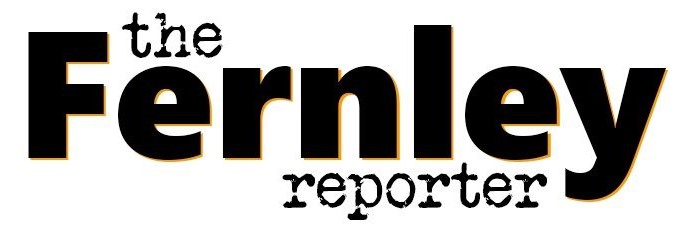
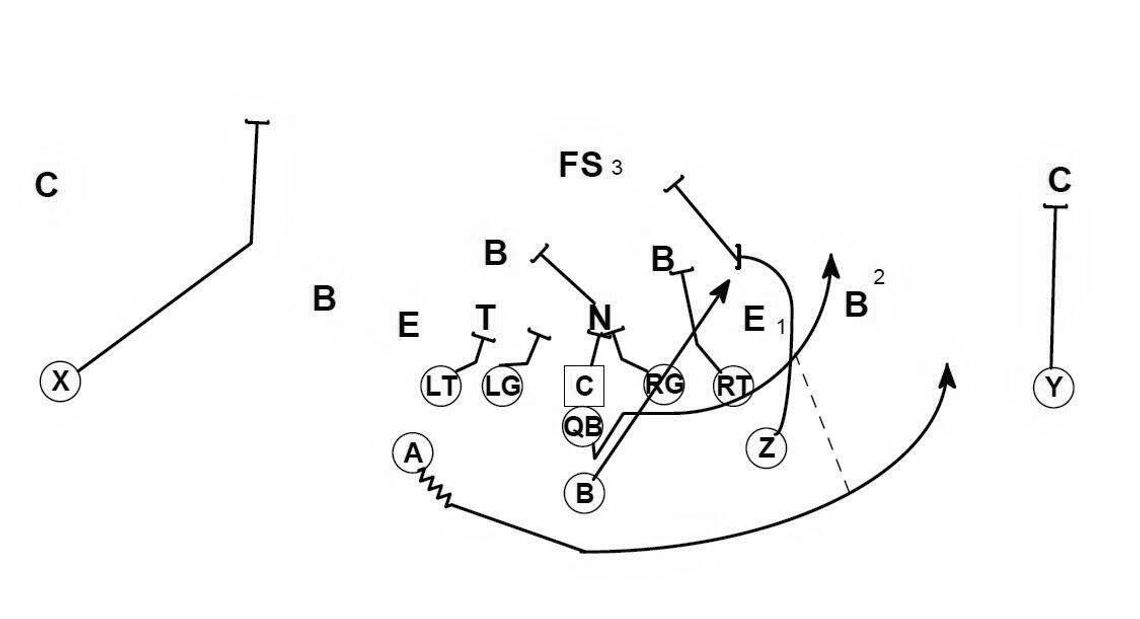

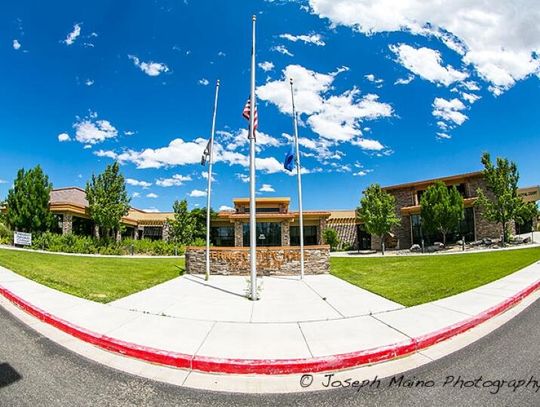
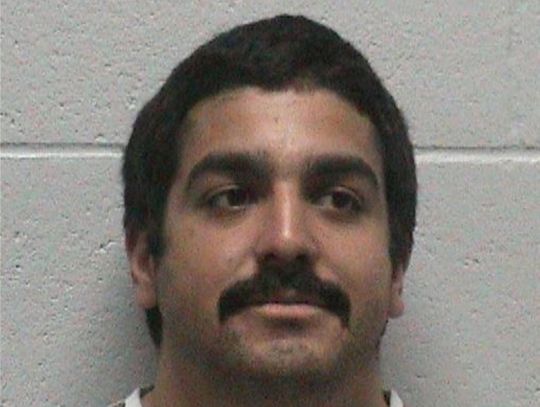

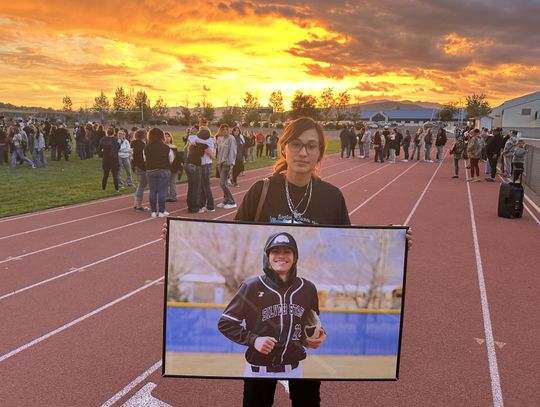

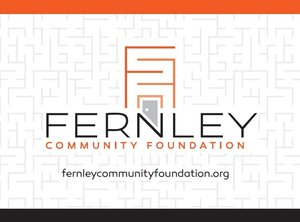
Comment
Comments